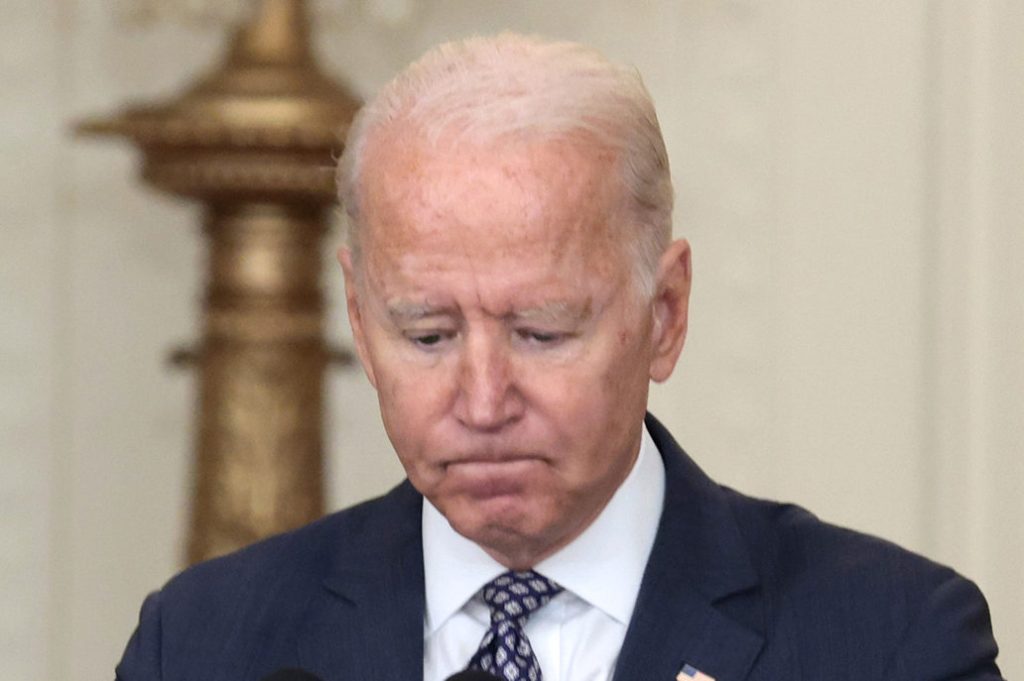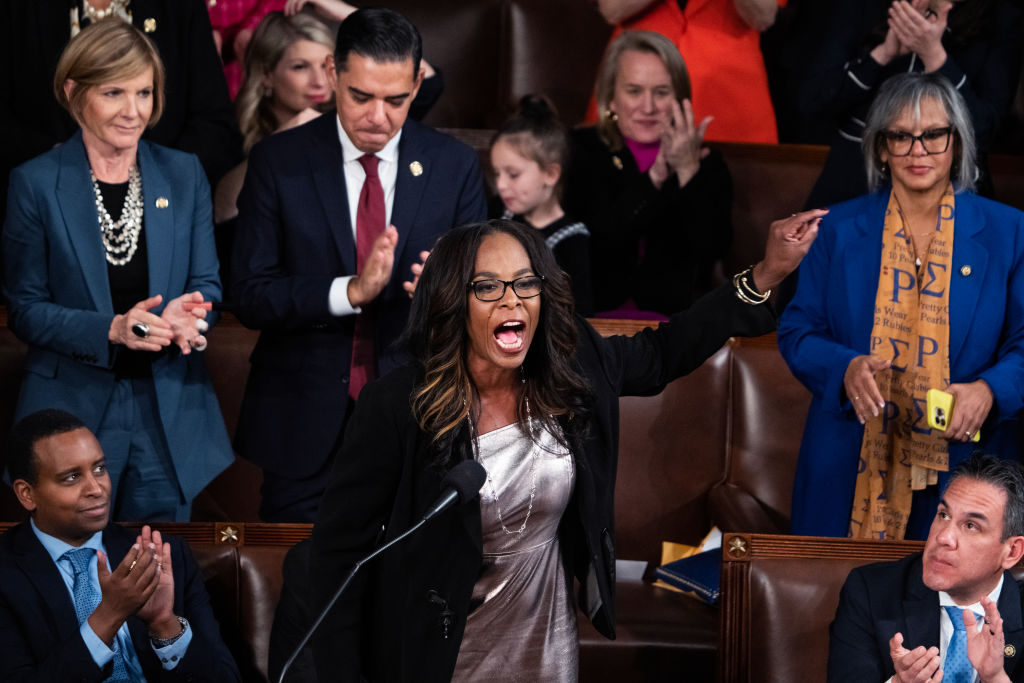The Senate parliamentarian, Elizabeth MacDonough, delivered another major blow to President Joe Biden’s domestic agenda this week, ruling that Democrats may not include a path to citizenship for millions of illegal immigrants in their $3.5 trillion reconciliation package.
The parliamentarian’s decision was based on the ‘Byrd rule’, proposed by Sen. Robert Byrd and adopted by the Senate in the 1980s, which limits what can be passed under the reconciliation process. Under the Byrd rule, laws must be ‘more than incidental’ in their impact on spending or the budget in order to be included in a reconciliation package.
Democrats are trying to use the reconciliation process for their massive spending bill because legislation passed through reconciliation only requires a simple majority in the Senate. This is different than most Senate bills, which require a 60-vote supermajority to end debate and move to a vote.
Republicans are celebrating the parliamentarian’s ruling and are banking on MacDonough to hand down a similar decision as Democrats move to include aggressive climate and energy-related policies in the reconciliation bill. Toward the beginning of the year, she also shot down Sen. Bernie Sanders’s attempt to roll-in a $15/hour federal minimum wage.
Progressives are calling on Democratic leaders to ignore the parliamentarian’s rulings on their wish-list items. Doing so would effectively nuke the Byrd rule, making the reconciliation process a free-for-all. MacDonough warned of this approach when she struck down the Democrats’s attempt to include amnesty, noting that granting legal status to illegal immigrants via the reconciliation process could lead to that status being revoked the same way in future bills.
Rachel Bovard, policy director for the Conservative Partnership Institute, explained to The Spectator, ‘Democrats could pass their amnesty, but they’d also be opening the door for Republicans to one, undo it in a future bill, and two, pass their own priorities with 51 votes.’
Senate Majority Leader Chuck Schumer and the White House have both said that they respect the parliamentarian’s decision, indicating that they’re not going to listen to progressive cries to ignore or replace MacDonough, who is a non-partisan appointee and previously prevented Republicans from eliminating the Obamacare individual mandate in 2015. MacDonough has served as the Senate parliamentarian since 2012. Rep. Omar previously said in February that Democrats should fire MacDonough. Reps. Ayanna Pressley and Mondaire Jones, who both said Democrats should ignore the parliamentarian’s latest ruling, did not respond to Spectator inquiries about whether they’d support removing her.
Most of the priorities being shot down by MacDonough are hardly widely popular in the Democratic party anyway, and Pelosi and Schumer are likely breathing a sigh of relief at the parliamentarian’s ruling. They have enough to worry about navigating debates between moderates and progressives about whether to tie the reconciliation package to the $1 trillion infrastructure bill.
Pelosi repeatedly said, at the behest of Biden, that she would not bring forward the infrastructure bill unless the more ambitious reconciliation package was guaranteed to pass. She walked back that hardline stance after moderates demanded an independent vote on the infrastructure bill, otherwise they would tank the reconciliation package. Meanwhile, progressives are threatening the opposite; to withhold votes from the infrastructure bill unless it is paired with the spending package. This has put Democratic leadership in an almost untenable position that could imperil both bills.
If early prognostications are correct, and Republicans regain control of Congress after the 2022 midterms and Biden declines to run for re-election in 2024, this moment is the President’s last good opportunity to implement his Build Back Better agenda. With the chances of its passage growing dim, Biden may be looking at a stunning lack of domestic policy achievements to match his thus far disastrous performance on foreign policy.

























